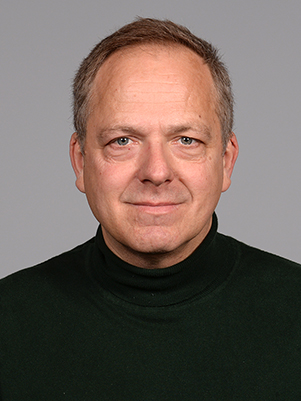Cosmology and Argument in Ancient Philosophy
The aim of this conference is to gather a select group of scholars working on ancient cosmology, logic, epistemology, and metaphysics to explore the interaction between ancient cosmologies and arguments from the Presocratics to Late Antiquity, how different modes of argumentation interact in a single author or a group of authors, and whether there was, if any, an evolution of these themes in the history of ancient Greek philosophy. The conference will take place at K. Donelaitis Room, Faculty of Philology, Universiteto st. 5.
Keynote speakers

Gábor Betegh
University of Cambridge
Caterina Pello
University of Geneva
Thomas Kjeller Johansen
University of Oslo
Barbara Michaela Sattler
University of St. Andrews
Klaus Corcilius
University of Tübingen
Matthew Duncombe
University of Nottingham
Chiara Ferella
Johannes Gutenberg University Mainz
Aistė Čelkytė
Leiden University
Mantas Adomėnas
Vilnius University / Baltic Institute of Advanced Technology
Vilius Bartninkas
Vilnius University
Luca Gili
Vilnius University
Vilius Bartninkas
Vilnius University
Vilius Bartninkas is an Associate Professor of Ancient Greek Philosophy at Vilnius University and the Head of the Department of Classical Philology. He has published Traditional and Cosmic Gods in Later Plato and the Early Academy (CUP, 2023) as well as many articles and book chapters on ancient cosmology, politics, theology and religion in Mnemosyne, Polis and elsewhere.
Abstract
Cosmological Theology and Its Limits in Plato's Dialogues
In Greek religion, gods are usually recognised by their power, beauty, and imperishability, which we may term as the traditional superiority. Plato’s dialogues engage with this conception, while advancing a new set of criteria, the most important of which is a self-moving soul. However, this aspect is missing in the Demiurge and the Forms, the principles causally responsible for the ensouled gods. Those who maintain that Plato’s theology lies in his cosmology approach these factors as the conditions constituting, or the ontological order imposed on, gods rather than the gods themselves, while others claim that the first principles are in fact the true gods. We shall see that both camps fail to settle the issue, but for different reasons. It is my objective to show that there is an alternative path to understanding not only the godhood of the Demiurge and the Form of the Good, but also a wide spectrum of gods in Plato’s dialogues, and this path leads through the traditional superiority.
